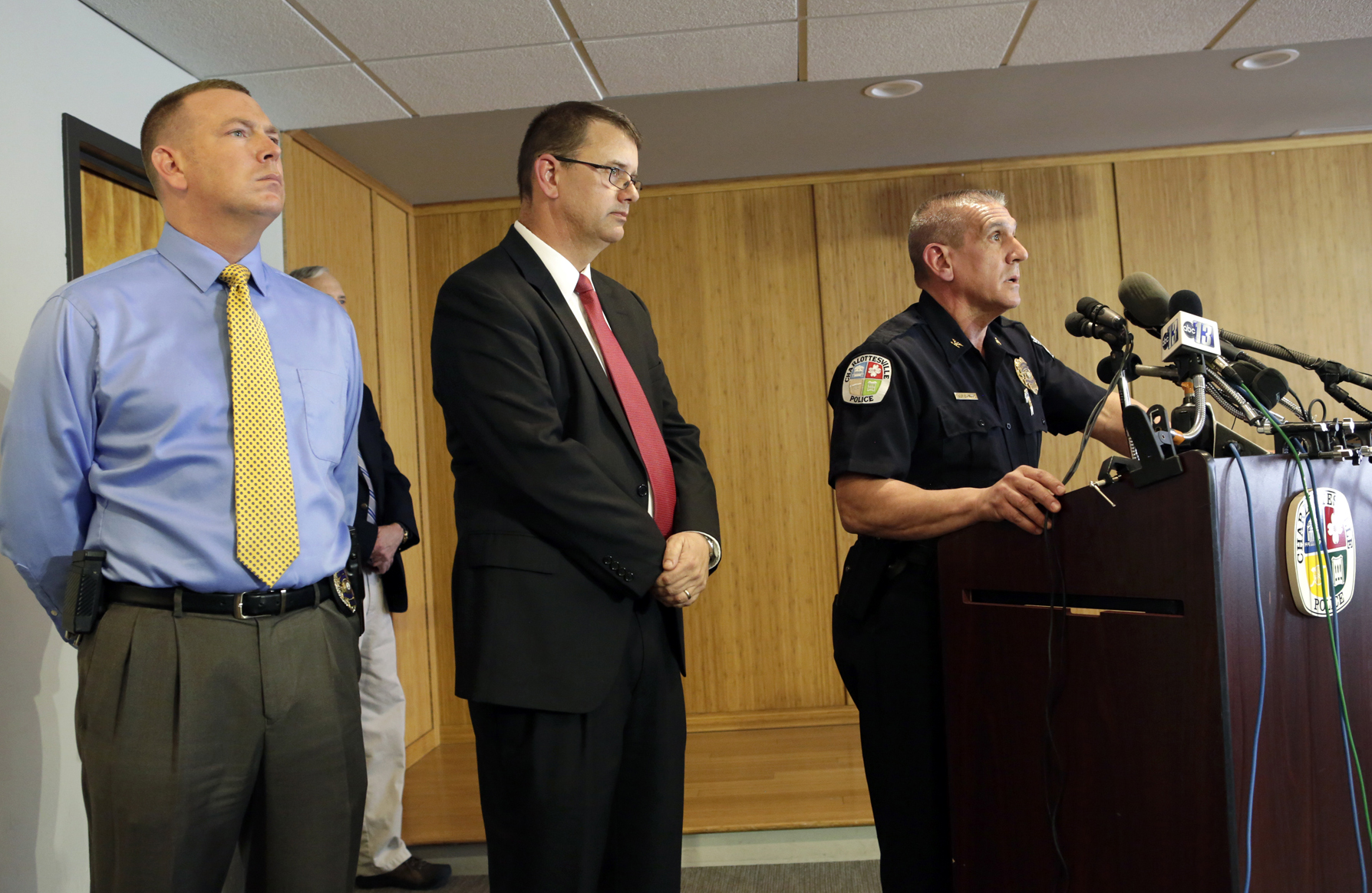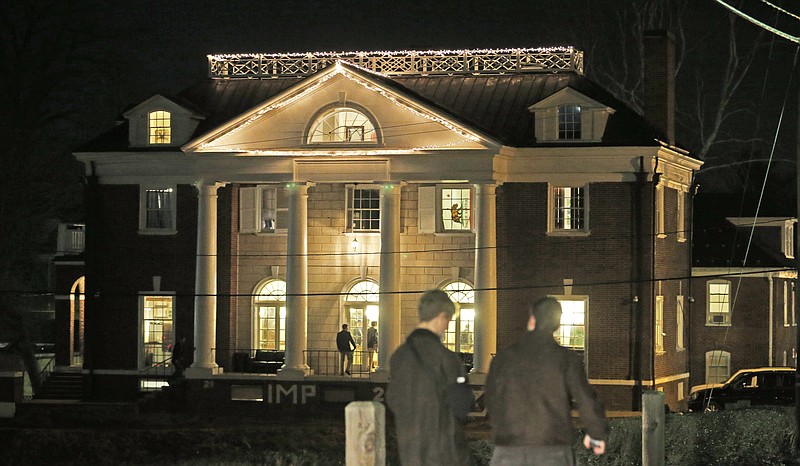RICHMOND, Va. - A widely discredited Rolling Stone magazine article about an alleged gang rape at the University of Virginia was a "story of journalistic failure that was avoidable," the Columbia University Graduate School of Journalism said in a report published Sunday night.
The review, undertaken at Rolling Stone's request, presented a broad indictment of the magazine's handling of a story that had horrified readers, unleashed widespread protests at the university's Charlottesville campus and sparked a national discussion about sexual assaults on college campuses.
The report came two weeks after the Charlottesville police department announced that it had found no evidence to back the claims of the victim identified in the story only as "Jackie," who claimed she was raped by seven men at a fraternity house.
Rolling Stone's "failure encompassed reporting, editing, editorial supervision and fact-checking," said the journalism school's report, which was posted on the school's and magazine's websites.
 Charlottesville Police Chief Timothy Longo, right, speaks during a news conference as Detective Sgt. DJ Harris, center, and Detective Jake Via stand near on March 23, 2015, in Charlottesville, Va. A five-month police investigation into an alleged gang rape at the University of Virginia that Rolling Stone magazine described in graphic detail produced no evidence of the attack and was stymied by the accuser's unwillingness to cooperate, authorities said.
Charlottesville Police Chief Timothy Longo, right, speaks during a news conference as Detective Sgt. DJ Harris, center, and Detective Jake Via stand near on March 23, 2015, in Charlottesville, Va. A five-month police investigation into an alleged gang rape at the University of Virginia that Rolling Stone magazine described in graphic detail produced no evidence of the attack and was stymied by the accuser's unwillingness to cooperate, authorities said.Rolling Stone Managing Editor Will Dana posted an apology on the publication's website and said the magazine was officially retracting the story.
The author, Sabrina Rubin Erdely, also apologized in a statement, saying she would not repeat the mistakes she made when writing the November 2014 article "A Rape on Campus."
"Reading the Columbia account of the mistakes and misjudgments in my reporting was a brutal and humbling experience."
Rolling Stone had asked for the independent review after numerous news media outlets found flaws with the story about Jackie, who said the attack happened during a social event at the Phi Kappa Psi fraternity house more than two years earlier. The article quoted Jackie as saying that the attack was orchestrated by a fraternity member who worked with her at the school's aquatic center.
She also said she immediately told three friends about the attack, but she said they were generally unsupportive, and that at least two encouraged her to keep quiet to protect their social standing.
The report found three major flaws in the magazine's reporting methodology: that Erdely did not try to contact the three friends, instead taking Jackie's word for it that one of them refused to talk; that she failed to give enough details of the alleged assault when she contacted the fraternity for comment, which made it difficult for the organization to investigate; and that Rolling Stone did not try hard enough to find the person Jackie accused of orchestrating the assault.
If the fraternity had had more information, it might have been able to explain earlier that it did not hold a social function the night of the attack and that none of its members worked at the aquatic center, the report noted.
Soon after the article was published, several news media organizations began finding flaws with it, forcing Rolling Stone to acknowledge on Dec. 5 that there were some discrepancies with the story.
Dana and Erdely said they had been too accommodating of requests from Jackie that limited their ability to report the story because she said she was a rape victim and asked them not to contact others to corroborate, the report said.
However, Columbia's report said, Rolling Stone also failed to investigate reporting leads even when Jackie had not specifically asked them not to.
"The editors made judgments about attribution, fact-checking and verification that greatly increased their risks of error but had little or nothing to do with protecting Jackie's position," it said.
The report said Rolling Stone's article may cast doubt on future accusations of rape. It also damaged the reputation of the Phi Kappa Psi chapter at U.Va. and depicted the university administration as neglectful.
Prior to the issuance of the journalism school's report, the fraternity called the Rolling Stone article defamatory and said it was exploring its legal options.
"These false accusations have been extremely damaging to our entire organization, but we can only begin to imagine the setback this must have dealt to survivors of sexual assault," said Stephen Scipione, president of the Virginia Alpha Chapter of Phi Kappa Psi, after the Charlottesville police suspended their investigation.
In his apology, Dana said that magazine officials are "committing ourselves to a series of recommendations about journalistic practices that are spelled out in the report."
Despite its flaws, the article heightened scrutiny of campus sexual assaults amid a campaign by President Barack Obama. The University of Virginia had already been on the Department of Education's list of 55 colleges under investigation for their handling of sex assault violations.
The article also prompted U.Va. President Teresa Sullivan to temporarily suspend Greek social events. Fraternities later agreed to ban kegs, hire security workers and keep at least three fraternity members sober at each event.
